Delaware Prosperity Partnership
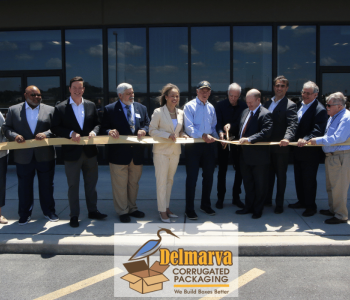
June 24, 2024
DCP ‘Opens the Box’ at Delaware Site
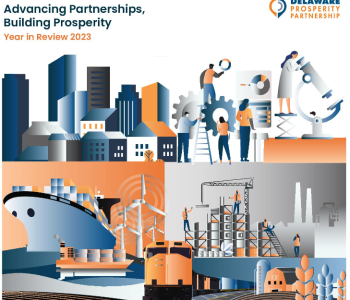
June 24, 2024
View DPP’s 2023 Annual Report
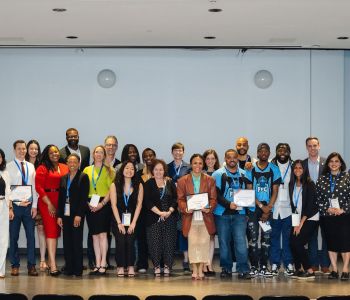
May 28, 2024
Startup302 Recognizes 15 Ventures

May 22, 2024
Incyte Grows in Downtown Wilmington, DE

May 10, 2024
State Joins in on $635M Port Delaware

May 1, 2024
Delaware Retains Triple-A Bond Rating

April 29, 2024
Sustainable Infrastructure
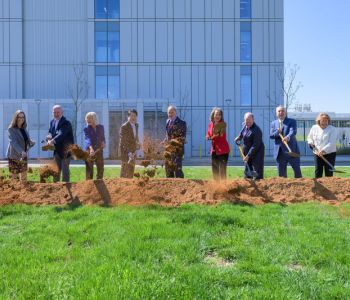
April 26, 2024
UD Hosts SABRE Center Groundbreaking
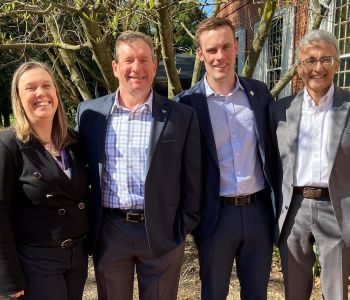
April 24, 2024
PSI Will Expand in Newark, Delaware
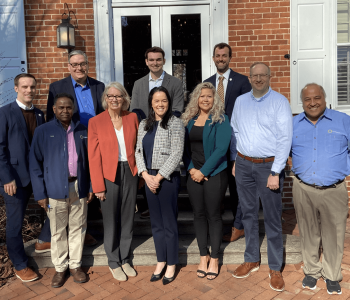
February 26, 2024
FFI Ionix Chooses to Expand in Delaware
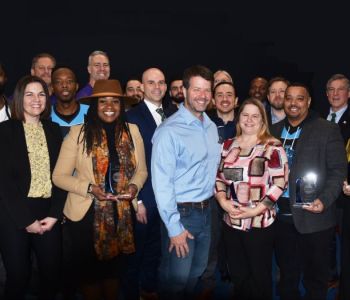
February 9, 2024
DSB Names Latest EDGE Grant Winners

February 2, 2024
New Business Dean Has Big Plans at UD























